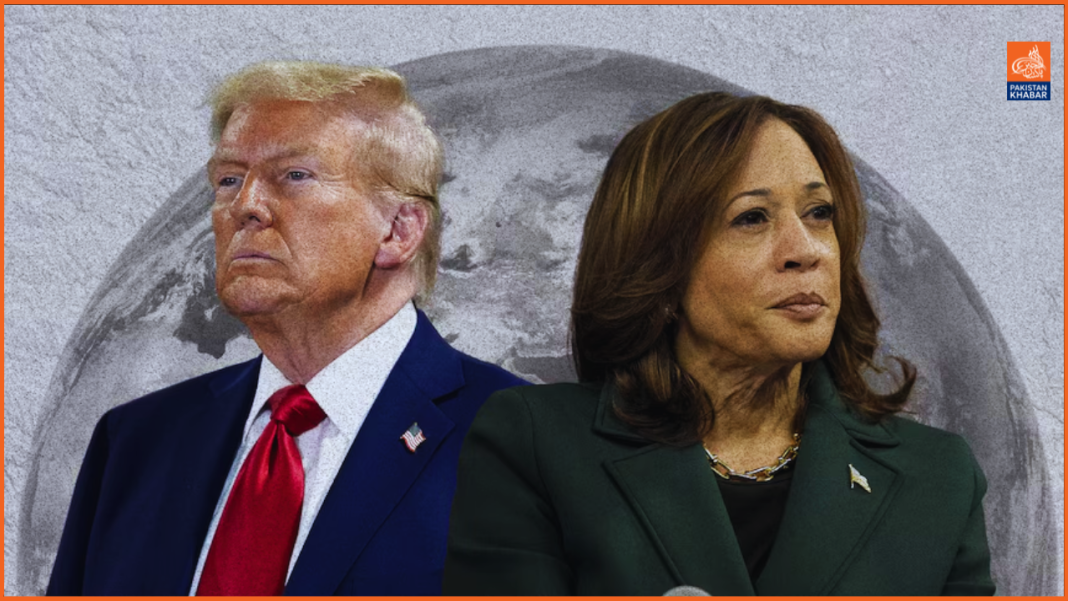“I feel extremely disillusioned,” said 26-year-old first-time voter Sara Ahmed* just days before the upcoming US presidential election on November 5. “At this point, it feels like there are two sides of the same coin.”
As the 60th presidential election approaches, the Pakistani American community finds itself in a difficult position—whether to vote for a system they don’t trust or risk empowering candidates who they believe may worsen the situation in Gaza and the Middle East.
Ahmed is among many young Pakistani Americans preparing to cast their votes, which will influence American political leadership for the next four years. However, with the ongoing crisis in Gaza and the perceived role of the US, many voters with immigrant backgrounds feel their concerns are increasingly overlooked by both major political parties.
In a series of interviews, young Pakistani Americans shared how current US government policies, especially regarding the Middle East, shape their views on the upcoming election. Their voices reflect a conflicted political identity that is growing increasingly skeptical of both Republican and Democratic leadership.
A Post-9/11 America
This sense of disillusionment spans both recent immigrants and those born and raised in the US.
Ayesha Malik*, a 24-year-old from Chicago, Illinois, has spent her life in the predominantly white and conservative suburbs of the Midwest. Born to parents who immigrated from Pakistan 30 years ago, her political views are influenced by her experiences growing up in a post-9/11 environment.
“My upbringing was shaped by post-9/11 sentiments, feeling ashamed of my background while hearing white people label brown people as ‘terrorists’ and portray Pakistan as a terrorist state,” she explained. Malik believes her South Asian identity is “directly tied” to her politics and that “being a person of color is inherently political in the US.”
In contrast, Ahmed, a communications professional who moved to the US from Pennsylvania six months ago, expressed how her view of American politics differs from her family’s. While her parents regarded the US as a land of opportunity and acceptance, Ahmed’s experiences in a post-9/11 America—marked by increased scrutiny and complex foreign policy in the Middle East—have left her feeling disillusioned.
“My generation has never known an America without 9/11,” she noted. “We have never experienced America free from its invasive foreign policy, its influence in the Middle East, and the stereotypes directed at us Muslims.”




